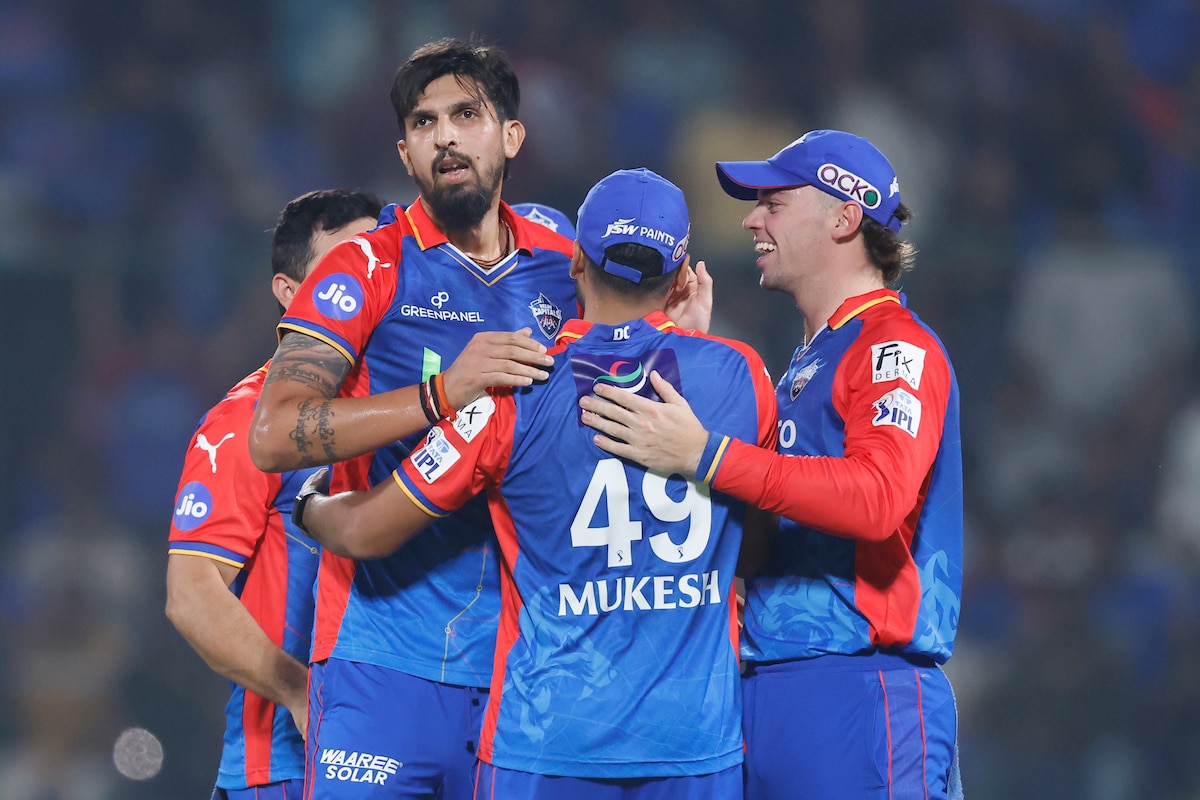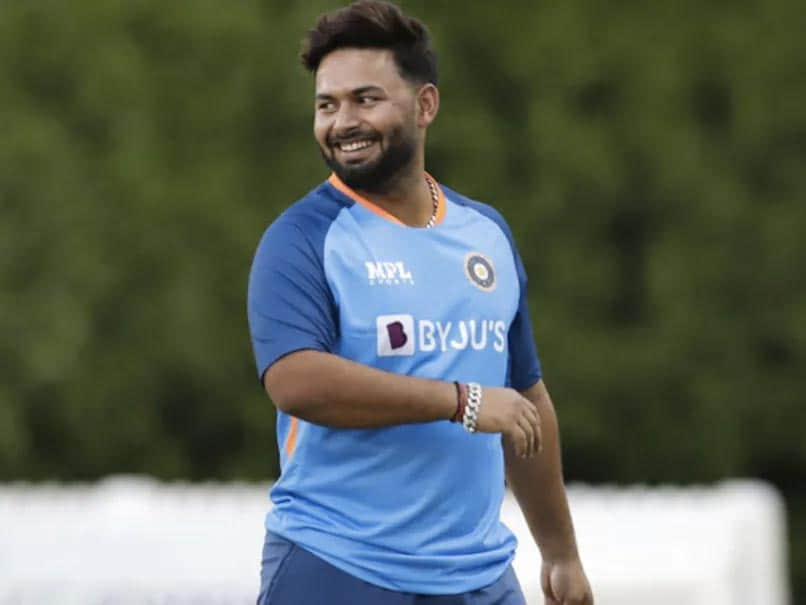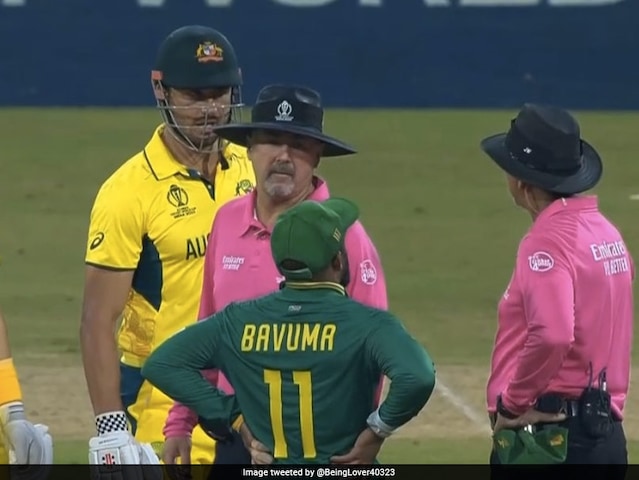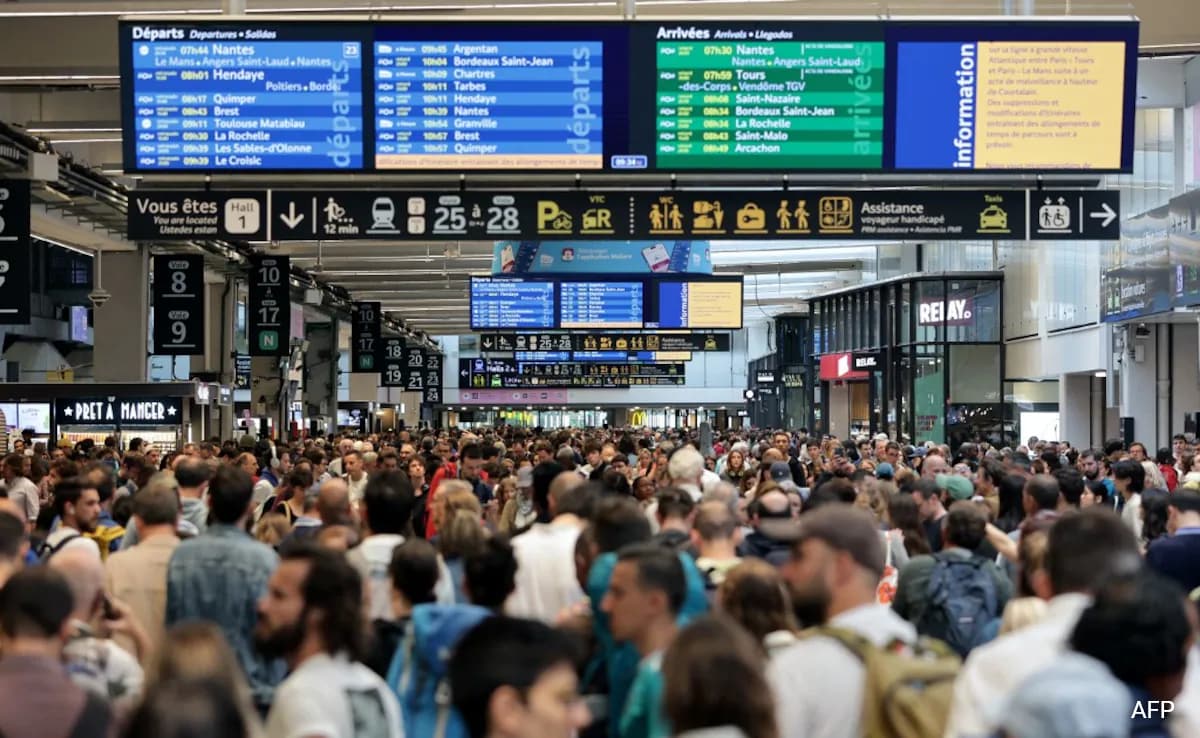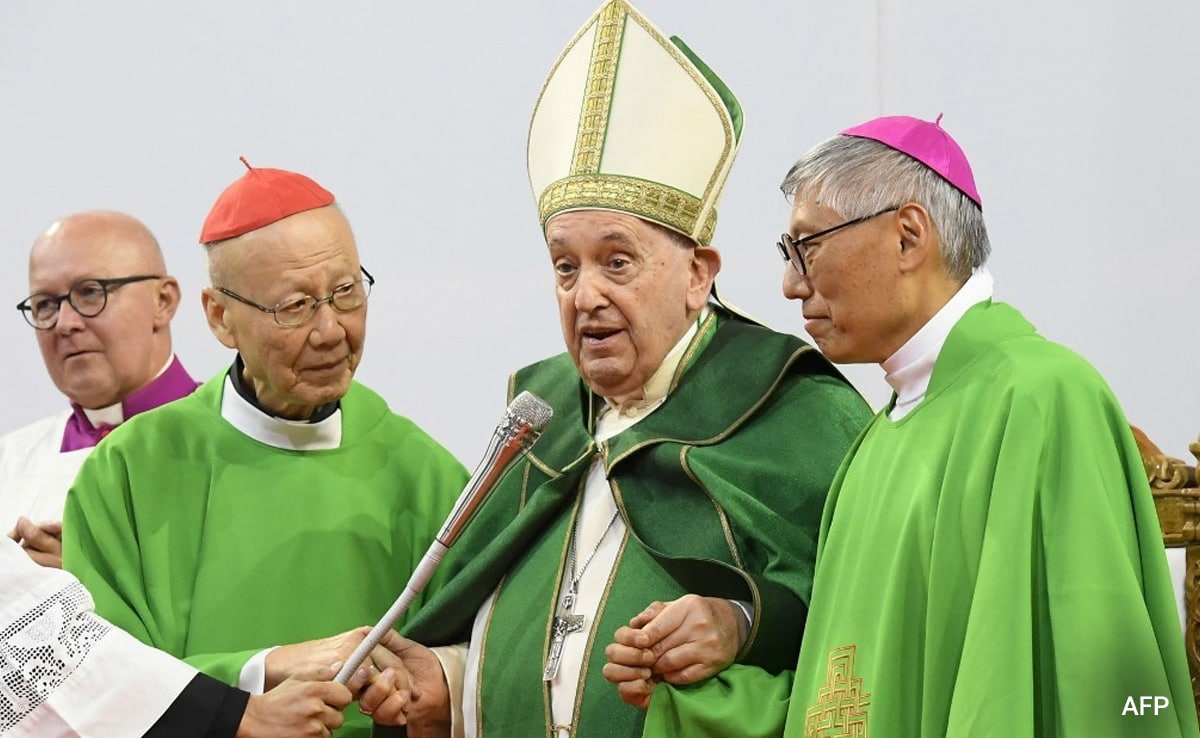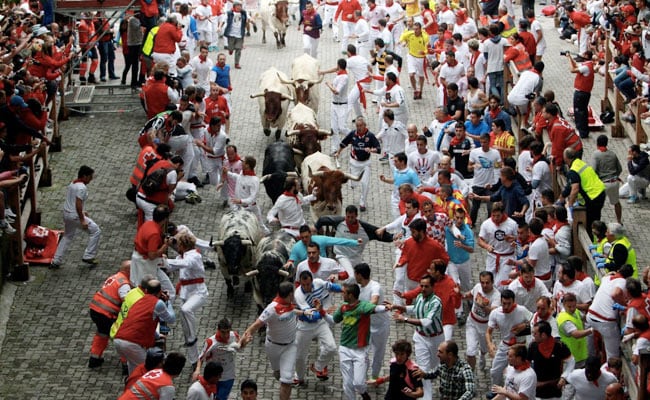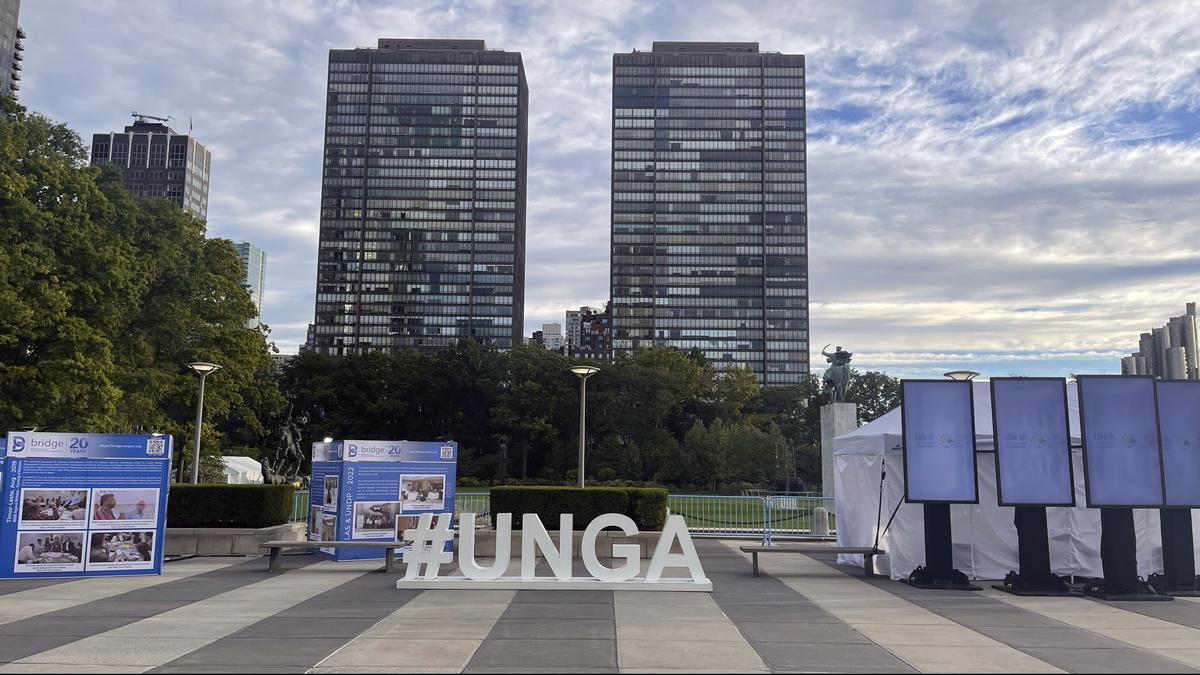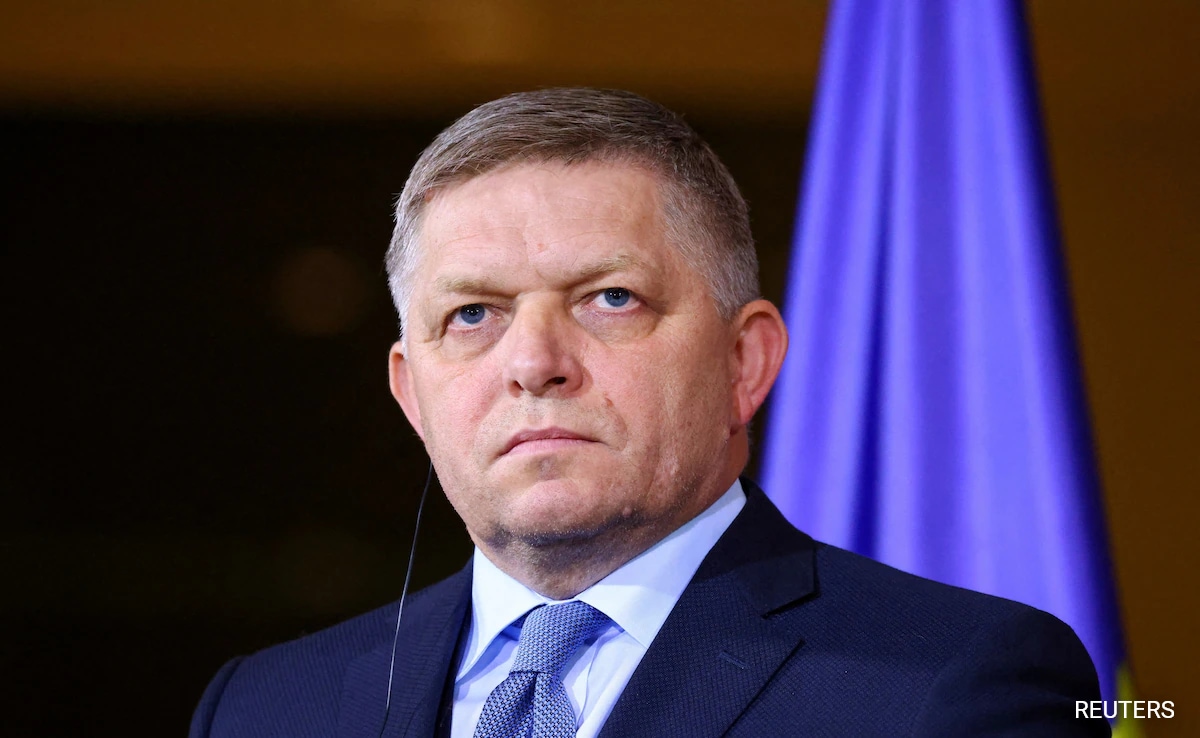Sri Lanka’s President Ranil Wickremesinghe. File
| Photo Credit: Reuters
Sri Lanka’s Supreme Court on Thursday (August 22, 2024) found President Ranil Wickremesinghe guilty of “arbitrary and unlawful” conduct, in the postponement of local body elections scheduled last year, even as he campaigns hard for a mandate in the September 21 presidential contest.
President Wickremesinghe rose to the island nation’s top office in July 2022, not winning a national election, but through an extraordinary parliamentary vote. He replaced President Gotabaya Rajapaksa, who fled the country and resigned amid mass protests triggered by a severe financial meltdown.
While local government elections were due soon after — they would have given citizens a say after the country’s economy crashed — the Wickremesinghe administration maintained it could not afford to spend on an election amid urgent efforts towards economic revival. The elections to Sri Lanka’s local authorities, scheduled to be held in March 2023 and later April 2023, were postponed. The Election Commission said reasons for the move were “beyond” its control and Mr. Wickremesinghe, who is also Finance Minister, came under sharp attack for “blocking funds” needed for the election.

The government’s position coincided with painful austerity measures, including a steep rise in indirect taxes, introduced by the government as part of its International Monetary Fund-led programme aimed at recovery. Crisis-hit citizens, who were reeling under the impact of high living costs, growing poverty, and joblessness, came under greater pressure.
Opposition politicians and rights groups filed multiple Fundamental Rights petitions in the Supreme Court, challenging the government’s position that they said violated the Constitution. A five-member bench led by Chief Justice Jayantha Jayasuriya on Thursday (August 22, 2024) directed the Election Commission to hold the local government election “at the earlier possible”, while holding the “executive branch” liable for the infringement of citizens’ fundamental rights.

The ruling comes at a time when Mr. Wickremesinghe is appealing to Sri Lankan voters to back him, so he can continue his “economic reform” agenda. He faces strong opponents in Leader of Opposition Sajith Premadasa and Leader of the Opposition National People’s Power alliance Anura Kumara Dissanayake, who are fierce critics of Mr. Wickremesinghe’s policies.

